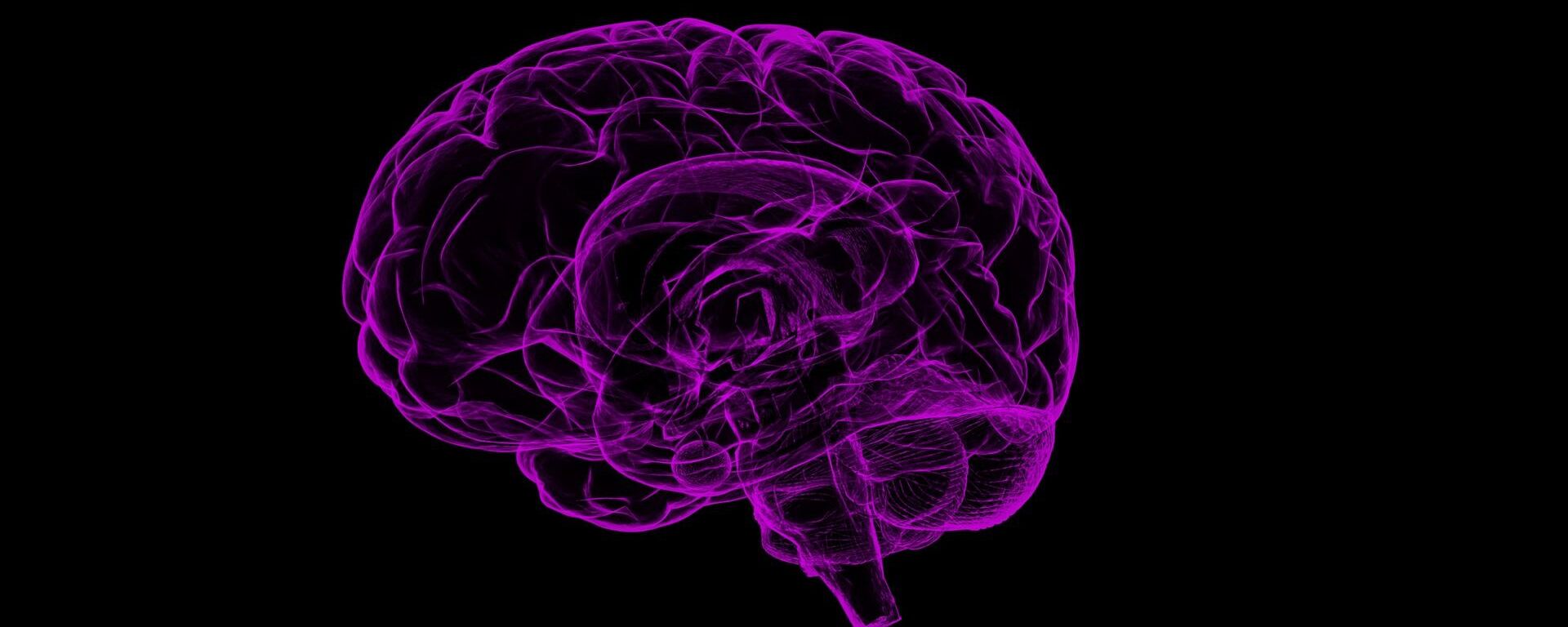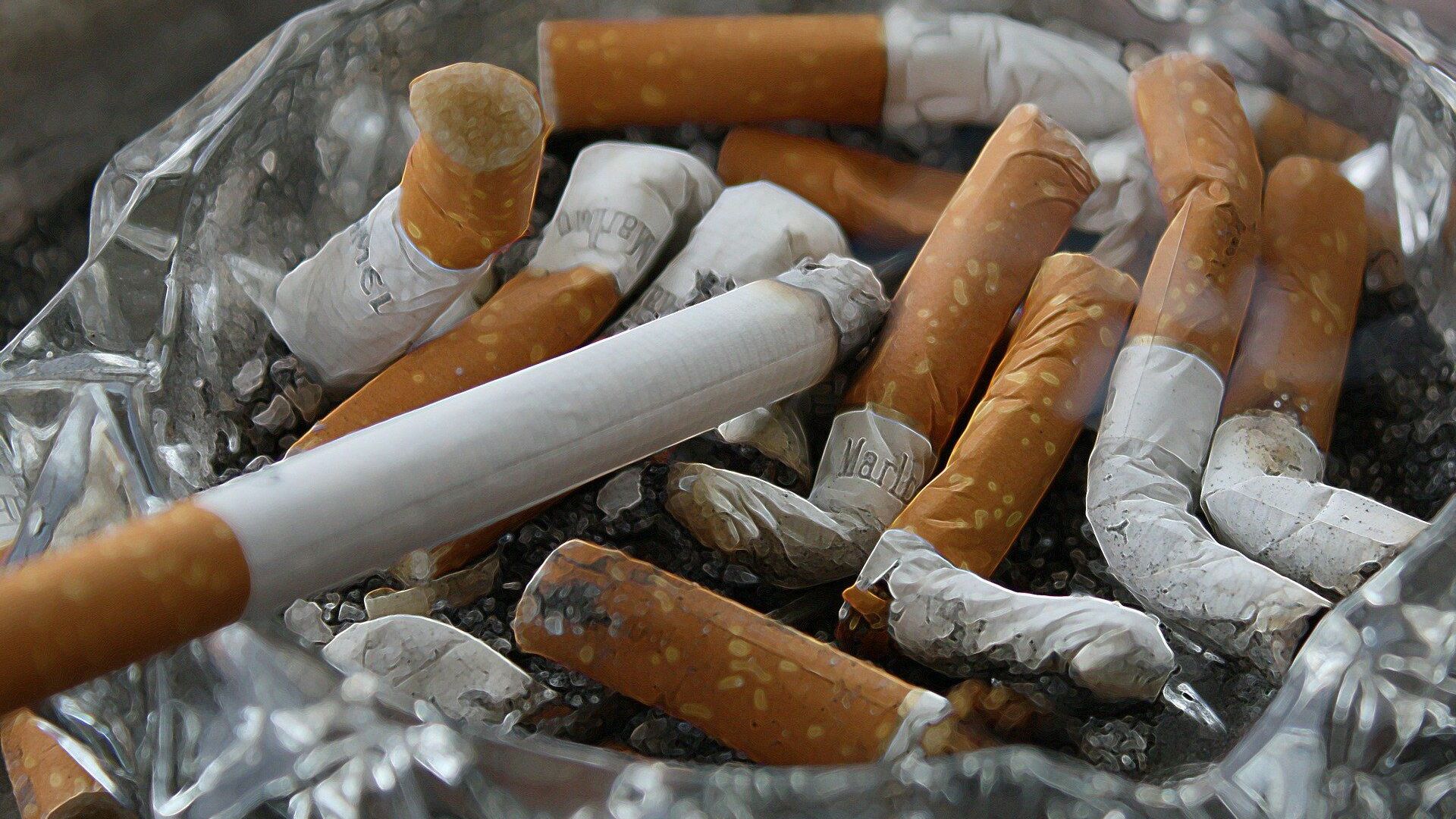https://sputnikglobe.com/20241127/feel-60-when-you-are-30-scientists-investigate-negative-impact-of-energy-drinks-1121017565.html
Feel 60 When You Are 30: Scientists Investigate Negative Impact of Energy Drinks
Feel 60 When You Are 30: Scientists Investigate Negative Impact of Energy Drinks
Sputnik International
A student from V.I. Razumovsky Saratov State Medical University (SSMU), under the guidance of her instructors, was the first to study the combined effects of nicotine and energy drinks on the bodies of young people aged 18 to 20.
2024-11-27T15:02+0000
2024-11-27T15:02+0000
2024-11-27T15:02+0000
beyond politics
russia
saratov
science & tech
https://cdn1.img.sputnikglobe.com/img/07e5/05/04/1082800733_0:55:1921:1135_1920x0_80_0_0_9340a73e46aaa33f8c0642ce7f5c0850.jpg
According to the researchers, the combination of these two harmful habits leads to premature aging and increases the risk of cardiovascular diseases. The results were presented in the Week of Russian Science (WeRuS-2024) collection.Energy drinks are extremely popular among young people today and their consumption is expected to increase by 2.5 times by 2029 compared to the start of this decade, according to the SSMU.It is well known that they negatively affect human nerve cells, increase thyroid hormone levels, and raise calcium ion concentrations. However, until recently, the extent of the damage caused by combining energy drinks with nicotine was unclear, the researchers noted.In her research on the negative effects of energy drinks and smoking on young people, the scientists from the SSMU observed increased blood pressure and heart rates alongside elevated cholesterol levels. They also identified markers indicating liver and pancreatic cell damage.She emphasized that every year cardiovascular diseases are becoming more common among younger individuals, making it essential to avoid harmful habits that increase the risks of strokes and heart attacks.According to Uryadova, future research will delve deeper into the effects of ethanol, nicotine, and energy drinks on young bodies.
https://sputnikglobe.com/20241115/russian-scientists-pioneer-low-toxicity-drug-for-aggressive-brain-cancer-1120893055.html
https://sputnikglobe.com/20241118/russia-develops-contactless-method-to-protect-the-iss-from-dangerous-space-debris-1120918742.html
russia
saratov
Sputnik International
feedback@sputniknews.com
+74956456601
MIA „Rossiya Segodnya“
2024
Sputnik International
feedback@sputniknews.com
+74956456601
MIA „Rossiya Segodnya“
News
en_EN
Sputnik International
feedback@sputniknews.com
+74956456601
MIA „Rossiya Segodnya“
Sputnik International
feedback@sputniknews.com
+74956456601
MIA „Rossiya Segodnya“
saratov state medial university, nicotine health, energy drinks health, medial research, nicotine and energy, health research
saratov state medial university, nicotine health, energy drinks health, medial research, nicotine and energy, health research
Feel 60 When You Are 30: Scientists Investigate Negative Impact of Energy Drinks
The combined effects of nicotine and energy drinks on the bodies of young people aged 18 to 20 have been explored for the first time by a student from V.I. Razumovsky Saratov State Medical University (SSMU) under the guidance of her tutors.
According to the researchers, the combination of these two harmful habits leads to premature aging and increases the risk of cardiovascular diseases. The results were presented in the
Week of Russian Science (WeRuS-2024) collection.
Energy drinks are extremely popular among young people today and their consumption is expected to increase by 2.5 times by 2029 compared to the start of this decade, according to the SSMU.
It is well known that they negatively affect human nerve cells, increase thyroid hormone levels, and raise calcium ion concentrations. However, until recently, the extent of the damage caused by combining energy drinks with nicotine was unclear, the researchers noted.
“I study at a medical university with a heavy academic workload, so many students resort to energy drinks to stay awake longer. Smoking is also widespread among young people, so I was curious to explore their combined effects,” said Nicol Klochkova, a third-year student at the SSMU and one of the study’s authors.

15 November 2024, 07:44 GMT
In her research on the negative effects of energy drinks and smoking on young people, the scientists from the SSMU observed increased blood pressure and heart rates alongside elevated cholesterol levels. They also identified markers indicating liver and pancreatic cell damage.
“I would advise young people not to harm their bodies just for an extra two or three hours of wakefulness because the consequences, if not immediately, will inevitably catch up later. These effects can be irreversible. In ten years, many will feel the impact of their habits, and at 30, their bodies might resemble those of 60-year-olds,” Klochkova concluded.

18 November 2024, 12:27 GMT
She emphasized that every year cardiovascular diseases are becoming more common among younger individuals, making it essential to avoid harmful habits that increase the risks of strokes and heart attacks.
“The study’s results have significant predictive clinical value and can be used to prevent the abuse of energy drinks and smoking among Russia’s young working population,” said Galina Uryadova, senior lecturer at the SSMU and the study’s lead researcher.
According to Uryadova, future research will delve deeper into the effects of ethanol, nicotine, and energy drinks on young bodies.




